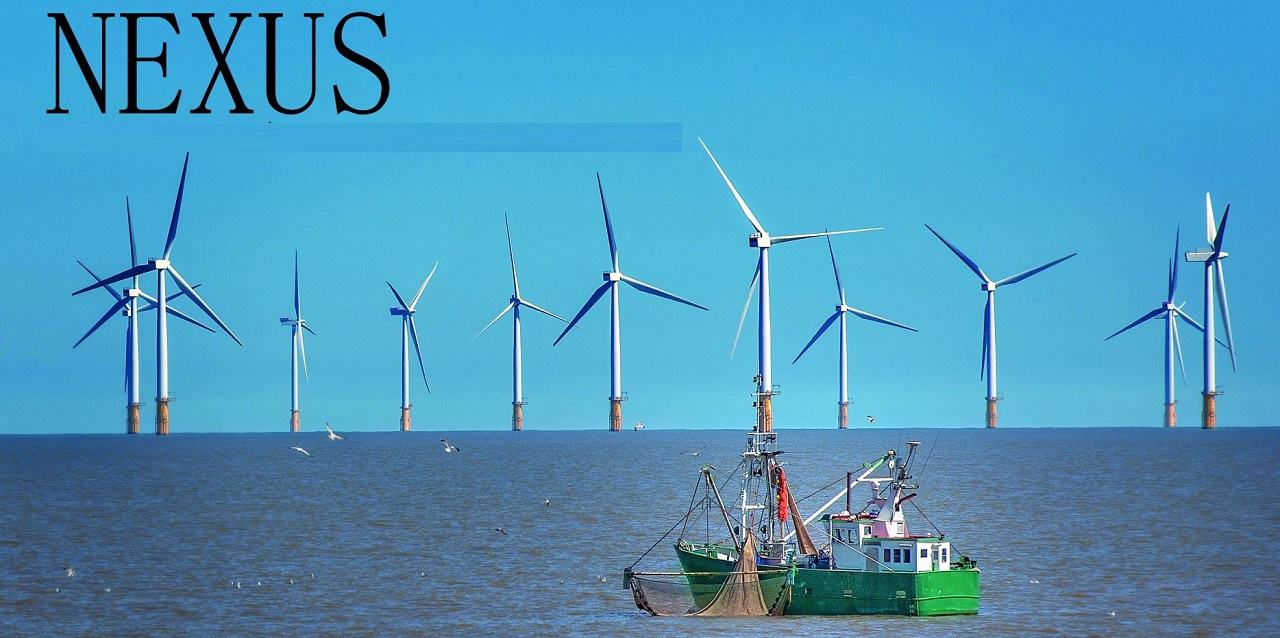Water-Food-Energy Nexus Modeling Water-Food-Energy.
Topics
What is nexus thinking and the nexus concept?
- Introduction to ‘traditional’ thinking and the limits of this approach
- Introduction to nexus/nexus thinking: basic principles
- The Limits to Growth: a classic study
- Current state of natural resources, pressures on human and natural systems and expected demands, trends and drivers
- Interactions between water, food and energy systems
- Sectoral goals, policies and strategies regarding the nexus.
Tools for quantitative nexus analysis
- System dynamics
- Chaos and complexity
- Non‐linearity
- Causation
- Self/emergent organization
- Agent‐based modelling
- Multi‐sectoral analysis
- Tutorial: building complexity with SDM
- Summary of current hot topics in the nexus: global teleconnections (e.g. precipitationsheds, grain prices, virtual water)
- Expert guest lecture on the water‐energy‐urban nexus
- Analysis of Iranian policy in the nexus context
Intensive Introduction to the following useful softwares:
- VENSIM
- WEAP
- LEAP
Elements of nexus approach and their modeling principals:
- Water-Food Nexus and interrelationships between food and water security
- Water- Energy Nexus and interrelationships between water and energy security
- Aim is to examine local policies on water, food, energy and development to identify synergies and competition between sectors to start to identify ways toward integration of objectives and cross‐sectoral optimization of policy
Lecturers
Dr. Janez Sušnik, PhD is Lecturer in Water Resources at IHE-Delft (formerly known as UNESCO‐IHE). He has 10 years academic research experience, with a focus on studying the interactions within and between complex (sub‐)systems. He has published widely on topics including the use of systems modelling for water‐agricultural systems analysis, analysis of complex systems and the interactions between systems, using systems analysis to explore reservoir resilience, the link between economic growth and water, food and energy resource use and the relationship between resource equity and the UN HDI. He is involved in the supervision of MSc students in field from 2D flood simulation to the water‐energy nexus in Mexico City, and teaches in numerous courses in IHE. He has 10 publications in international peer‐reviewed journals, and has published many reports for the European Commission as well as policy briefs. He has been involved in two major European projects, and is currently a core team member on the EU H2020 project ‘SIM4NEXUS’. He also leads a four‐year research project on alternative water supply systems in Mozambique and Indonesia.
Other lecturers to be announced.
Curriculum
The purpose of this short course is to provide a sound basis on the concept of nexus thinking, as well as to introduce tools and methods for systems analysis. Traditional ways of thinking, and their limitations are explored, then systems thinking is introduced as a better way to think about the interconnectedness of systems such as water, and food, and energy. Some of the tools explored include system dynamics, causation, emergence and non‐linearity. Intensive sessions for introducing softwares such as VENSIM, WEAP and LEAP, which can be used for nexus modeling are included in the short course. A practical session is devoted to exploring locally applicable issues, and examining how systemic thinking could lead to more optimal harmonization across policy domains.
The course language is English. The course is targeted for early and mid‐career professionals and policy makers who work at the interface of multiple economic sectors such as water, energy and food, and who are interested in understanding how these sectors interact, how they can be used to benefit each other and policy can help. Academics, graduate students are welcome. Basic knowledge of at least one of the water, food, or energy systems is necessary. Climate change knowledge is useful, but not essential.
Field visits are organized for international attendees of the course with the flavor of cultural exchange. A field visit to Zayandeh-rud River System in Central Iran provides the participants with an overview of the water management framework in a complex water system including a large dam, three inter-basin water transfer systems, large irrigation networks and strategic industries. The basin has the highest population density and is the second industrialized region in the country. It has been facing sever impacts of climate change in the recent years and social conflicts over water allocation between neighboring provinces in the recent years.
During this field visit, the cultural excursion to Isfahan city is organized to provide a chance for participants to truly experience Iran and its people. Isfahan host several top tourist attractions of Iran.
Furthermore, during the training course, a variety of extra-curricular activities, both social and cultural, are arranged to extend the participants' understanding of Iranian culture.
Fees
The fee for the course is as follows:
Excursion: 10 Million Rials for Iranians and 250 € for other nationalities
Short course fees:
- Iranians: 10 Million Rials
- Other nationalities: 1500 € (including accommodation in one of the guesthouses of the University of Tehran for non-Iranians)
The course fee includes all training-related costs as well as drinks and lunches, training materials and travel during the training. There are group discounts available if you participate with three or more colleagues. You can email us (This email address is being protected from spambots. You need JavaScript enabled to view it.) for more information.
Limited number of scholarships is available for those applying from Third Tire countries listed here (except Iranian citizens) which cover course and excursion fees. You can apply for scholarship by sending your request to This email address is being protected from spambots. You need JavaScript enabled to view it..
Certificate
Those who finish the course successfully will be awarded a joint certificate signed by representatives of IHE-Delft (formerly known as UNESCO-IHE) and the University of Tehran.
Apply to
If you have questions or if you are interested in a tailor made course, you can contact us at: This email address is being protected from spambots. You need JavaScript enabled to view it., or +98 21 88222301-4. Further information on RIWE can be found in RIWE.ut.ac.ir.
